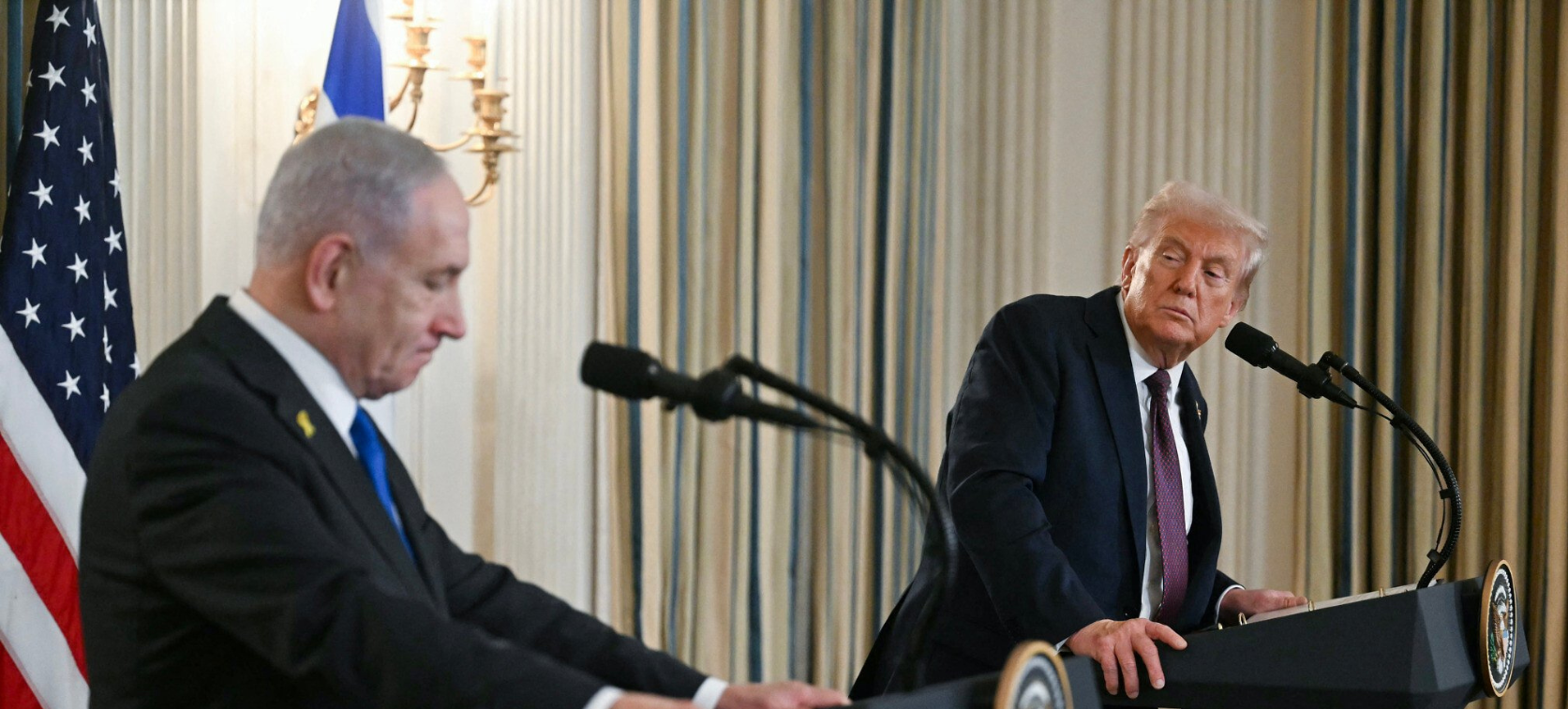For nearly eight decades, the United States and Israel have pursued the same strategy under the banner of “peace.” From the Oslo Accords to the “Road Map,” and from George W. Bush’s “democracy agenda” to Donald Trump’s recent 20-point Gaza plan, every initiative has promised resolution. Yet none have succeeded. Trump’s 20-point plan, like its predecessors, seeks to disarm, co-opt, and neutralise Palestinian resistance—but it misunderstands the fundamental truth: resistance is not merely an organisation or a leader—it is an enduring idea that cannot be erased by treaties, agreements, or the compliance of rulers.
A Past Playbook
The record is clear. Each attempt at “peace” has followed the same arc:
- The PLO was delegitimised as a terrorist entity, then shepherded into Oslo, stripped of its armed struggle, and absorbed into a donor-dependent Palestinian Authority that gradually became a security subcontractor.
- The PA was promoted as a “partner for peace,” only to be reduced to policing its own people, unable to deliver statehood or sovereignty.
- Now Hamas is being subjected to the same playbook: delegitimise, demand disarmament, offer amnesty or exile, and prepare to erase it from any future political settlement.
This strategy has been called many things—pacification, deradicalisation, moderation—but its purpose is constant: to remove the capacity for Palestinians to resist occupation.
Resistance as an Idea
Resistance cannot be exiled, disarmed, or erased, because it is not confined to the PLO, the PA, or Hamas. It is an idea that lives in memory, culture, and identity. The dispossession of 1948, the occupation of 1967, the refugee camps of Lebanon and Jordan, and the blockades of Gaza—all have produced generations for whom resistance is not optional but existential.
As Sayyid Qutb emphasised in his writings, resistance is a holistic struggle—moral, political, social, and, when necessary, military—rooted in the defence of justice and dignity. This perspective is echoed across the Muslim world: the popular mobilisation during the first “Intifada”, the grassroots solidarity campaigns in Lebanon and Jordan, and the widespread support for Palestinian refugees resisting dispossession all demonstrate that resistance is a deeply embedded idea, carried collectively by communities rather than confined to any single organisation.
The Miscalculation of Washington
The U.S. and Israel mistake institutional collapse for ideological defeat. They assume that neutralising a movement equals neutralising the cause. In doing so, they fail to grasp a fundamental truth of political history: ideas outlive their vessels.
This explains why every attempt to co-opt, exile, or disarm Palestinian actors has only birthed new ones. The defeat of the PLO in Jordan in 1970 did not end resistance; it migrated to Lebanon. The disarmament of the PA did not end resistance; it re-emerged as Hamas. Even if Hamas were neutralised tomorrow, the idea would re-emerge—in new leaders, in mass movements, in uprising, in culture, or in armed struggle.
The Limits of Puppet Rulers
Washington’s wager has often been that Arab rulers will act as enforcers of its plans. That assumption was explicit when Donald Trump unveiled his “Deal of the Century,” boasting that “many Arab and Muslim leaders support this plan.” He repeated the same claim yesterday with even greater force, declaring: “Under the plan, Arab and Muslim countries have committed, and in writing, in many cases … to demilitarise Gaza, and that’s quickly. Decommission the military capabilities of Hamas and all other terror organisations. Do that immediately.”
Some rulers did indeed comply, later codifying their acquiescence in agreements like the Abraham Accords. Yet, compliance at the top has not translated into submission at lower levels. Across the Arab and Muslim world, public opinion remains overwhelmingly supportive of Palestinian resistance, demonstrating a timeless truth: you can purchase rulers, but you cannot buy people’s authority.
Why Failure Will Continue
The lesson is simple but profound: you cannot kill an idea with a treaty, nor can you exile it with an amnesty. Israel and the U.S. will continue to fail as long as they reduce resistance to a set of actors instead of recognising it as a durable, popular, moral claim.
Trump’s insistence that Arab and Muslim leaders have “committed, in writing”, to disarm Gaza only underscores the miscalculation: he relies on rulers, not peoples.
For anyone to succeed in eradicating resistance, they will have to end the occupation first.
Need Help?
-
[email protected]
-
Follow us on Instagram
-
Follow us on TikTok
